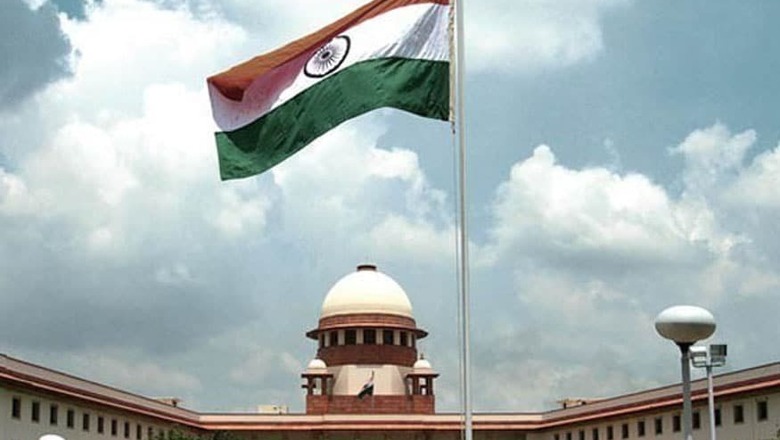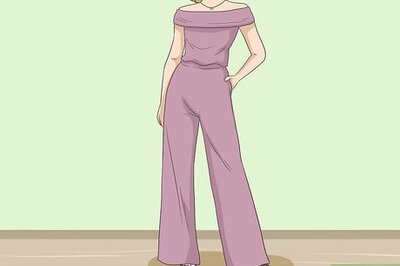
views
New Delhi: The Centre on Monday informed the Supreme Court that "administrative formalities" are required to be completed to implement the decision of the apex court Collegium on elevation of Bombay High Court judge Justice Akil Kureshi as the Chief Justice of the Tripura High Court.
"Some administrative formalities have to be completed," Solicitor General Tushar Mehta told a bench comprising Chief Justice Ranjan Gogoi and Justice Surya Kant and sought time till November 11.
However, a lawyers' body of Gujarat High Court, which has filed a petition on the issue of "non-compliance" with the Collegium's recommendation on Justice Kureshi, opposed the Centre's plea for a week's time and asked the bench to hear the matter on Friday.
Senior advocate Arvind Datar, appearing for the Bar body, said that matter was being dragged for quite sometime and needs to be listed at the earliest.
After a brief submissions from both the sides, the bench posted the matter for hearing on Thursday.
Mehta on October 25 had told the court that there was an instruction to him from the government that the matter be listed on November 4 after the Diwali break, which was accepted by the apex court.
The Gujarat High Court Advocates Association (GHCAA) has alleged that the Centre is yet to comply with the Supreme Court Collegium's subsequent decision of elevating justice Kureshi as Chief Justice of the Tripura High Court.
The Collegium had initially recommended elevation of Justice Kureshi as Chief Justice (CJ) of the Madhya Pradesh High Court, and later, after taking note of Centre's communication, it transferred him to the Tripura Hight Court as the CJ.
The petition, filed by the GHCAA, had alleged that the Collegium's recommendations have not been complied with by the Centre.
Appointment and transfer of judges form "the root of the administration of justice" and interference in that "does not augur well" for the institution, the bench had said when the Bar body had alleged that the Collegium's recommendations are not being implemented by the government.
The GHCAA, in its plea, had sought a direction to the Centre to implement the Supreme Court Collegium's recommendations on elevation and transfer of Justice Kureshi.
The Collegium, headed by CJI Ranjan Gogoi, had recommended to the Centre to appoint Justice Kureshi as the Chief Justice of the Madhya Pradesh High Court.
It later recommended that Justice Kureshi be appointed as the Chief Justice of the Tripura High Court.
The modified recommendation to send Justice Kureshi to the Tripura High Court was later uploaded on the apex court's website and it said that the decision was taken in the Collegium's meeting held on September 5.
Appointment of Justice Kureshi as chief justice of the Madhya Pradesh High Court was recommended by the Collegium on May 10 this year.
The GHCAA plea has claimed that the Centre did not clear the file for appointment of Justice Kureshi and on June 7 came out with a notification appointing Justice Ravi Shanker Jha as acting Chief Justice of the Madhya Pradesh High Court.
The association has contended that the reluctance of the Centre to appoint Justice Kureshi as the Chief Justice of the Madhya Pradesh High Court is against the procedure laid down in the Memorandum of Procedure (MoP) and amounts to a violation of Articles 14 and 217 of the Constitution.
It has said the inaction on the part of the Centre is an attack on the independence of the judiciary and diminishes the primacy of the judiciary in the matters of appointment and transfer of judges to the high courts and the Supreme Court.
GHCAA president Yatin Oza had reportedly said Justice Kureshi was being singled out for an order passed by him in 2010, remanding the current Union Home Minister Amit Shah in police custody in the Sohrabuddin Sheikh encounter case. Shah was discharged in the case by a CBI court in 2014.


















Comments
0 comment